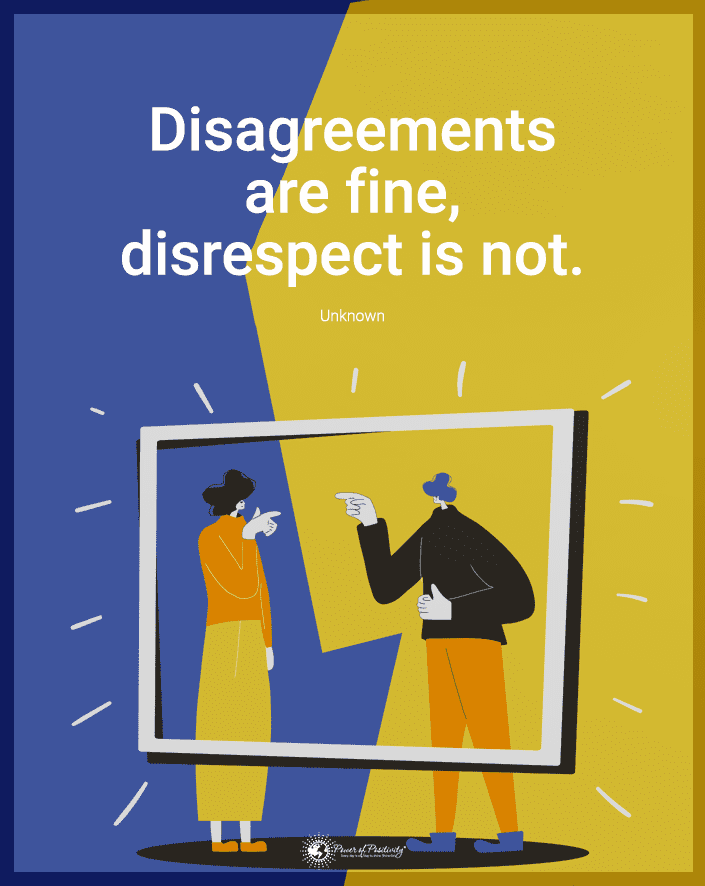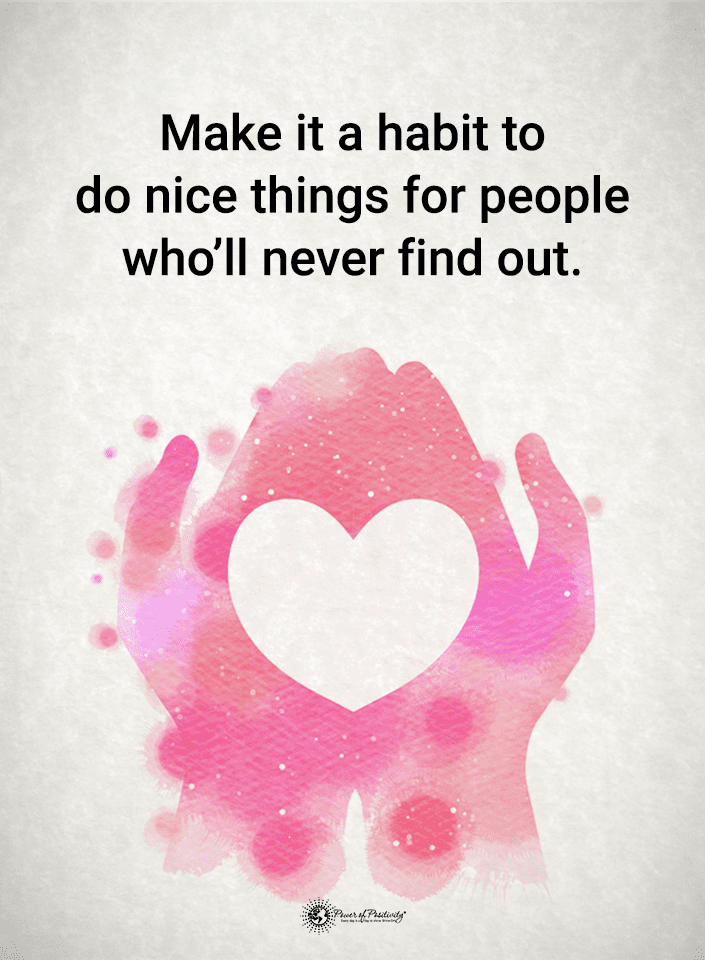A hopeless romantic is a seeker of love. Their ideal is a love that Shakespeare wishes he could write about. Lovers of love around the world share these 5 great lessons in their hopeful pursuit of enduring romance.
“There is never a time or place for true love. It happens accidentally, in a heartbeat, in a single flashing, throbbing moment.” – Sarah Dessen, The Truth About Forever
Hopeless Romantics Need to Know These 5 Things:
1. You don’t want a happy ending, you want a happy beginning.
Hollywood has gotten it all wrong. Hopeless romantics know that when the movie ends, the real romance is just starting. When couples fall in love, that’s just the beginning of their adventure together. The rest of their romantic movie won’t be about how they first got together, but about everything else that happens after.
Drinking coffee, eating breakfast and making the bed don’t make for great movies, but each waking and sleeping moment that a hopeless romantic spends with their partner is like a fantasy to them. The dreamy smile on the face of a hopeless romantic in love makes other romantics sigh with hope and appreciation for their own romance when they see it.
2. You can’t have the love of your life unless you are the love of your life.
“We accept the love we think we deserve.” – Stephen Chbosky, The Perks of Being a Wallflower
Loving yourself is the best way to find the love that you are meant to have. Self-love is healthy and it is also important to a hopeless romantic’s mindset. Clinical psychologist Dr. Deborah Khoshaba says that “When we act in ways that expand self-love in us, we begin to accept much better our weaknesses as well as our strengths, have less need to explain away our short-comings, have compassion for ourselves as human beings struggling to find personal meaning, are more centered in our life purpose and values, and expect living fulfillment through our own efforts.”
When you know yourself very well, you know what kind of partner is the right fit for you. Knowing your quirks, tastes, values, and beliefs is important before you can connect deeply with someone who is different from you. If you’ve learned from past failed relationships and you know what mistakes not to make again, you’re ready to meet another hopeless romantic.
3. Love really is all around us, if you know where to look for it.
Hopeless romantics are actually full of hope for love and romance. They see it everywhere. They know that the grand gesture of an over-the-top proposal is not what most love is made of. It’s the small everyday gestures that are the most romantic; the husband who lets his wife chose the movie that they’ll see, the wife who presses her husband’s pants with the crease just the way he likes, and the couple who lean against each other waiting in line at the store.
When you look for it, you can see romance happening everywhere. Most people overlook these small things as just a part of daily life. Hopeless romantics know that the small daily things add up to a lifetime of deep love and appreciation for their partner.
Touching, hand-holding, laughing and flirting is just as intimate to the romantic as love-making is. Hopeless romantics don’t cringe at sappy love songs, they serenade their partners with them. Romantics point out the birds cuddling together in the trees and the squirrels chasing each other in the park.
4. Great love is someone who can love you at your worst.
“I’m selfish, impatient and a little insecure. I make mistakes, I am out of control and at times hard to handle. But if you can’t handle me at my worst, then you sure as hell don’t deserve me at my best.” ~Marilyn Monroe
No one is perfect and a hopeless romantic knows that there will be bad times along with the good ones. They will be there for their partner when the going gets rough. When a hopeless romantic finds their match, they are in it for better and for worse.
Working through difficult times can be emotionally stressful, but real romantics know that the bond with their partner will be stronger after they’ve overcome the obstacles that are in their way. Together they will look back at all that they were able to overcome and know that they can handle whatever their future holds.
 5. Commitment is so romantic.
5. Commitment is so romantic.
Those old couples who are dancing at their grandchild’s wedding, so lost in each others’ eyes that the rest of the room disappears to them. Those are traits of hopeless romantics. A true romantic’s vow to their partner is unbreakable and they know that they have what it takes to maintain a powerful love well into old age and beyond.
Honor, integrity, and steadfastness are traits of the hopeless romantic. They value their partner’s love and are hopelessly devoted to that one special person. They will protect their love even across great distances. When they reunite after an absence from each other, hopeless romantics are secure knowing that their partner never even thought of being unfaithful. They can’t wait to celebrate their 50th anniversary together.











